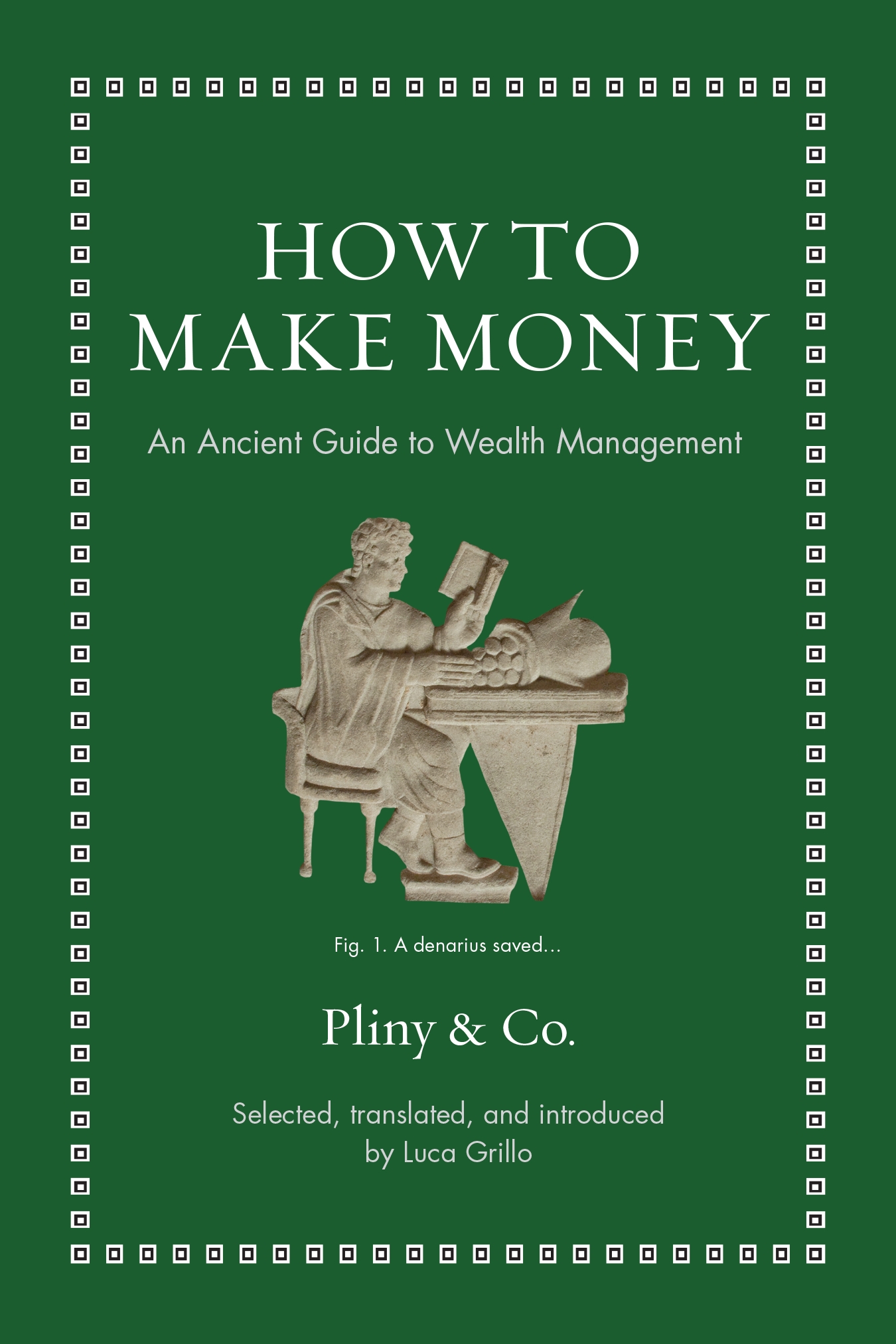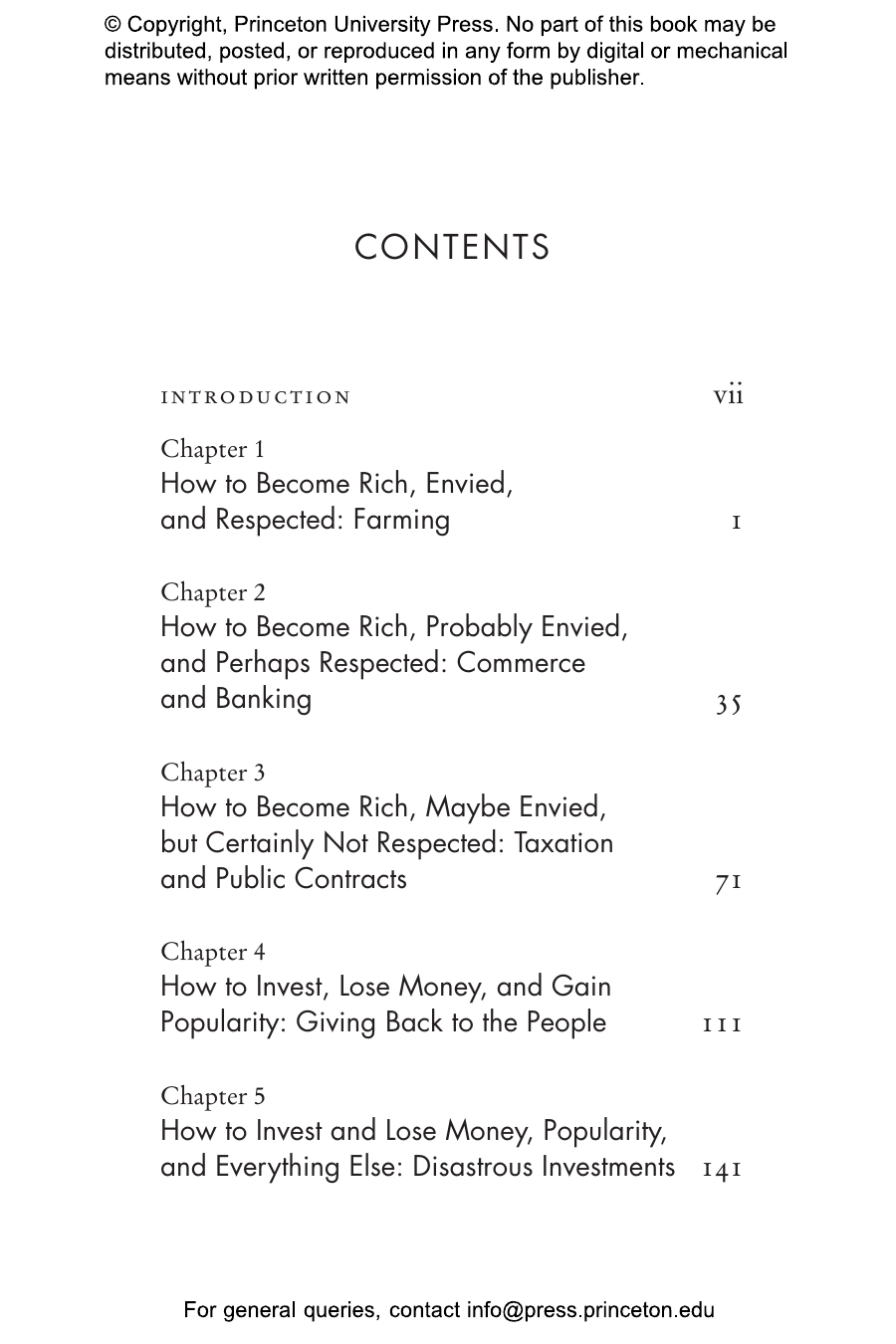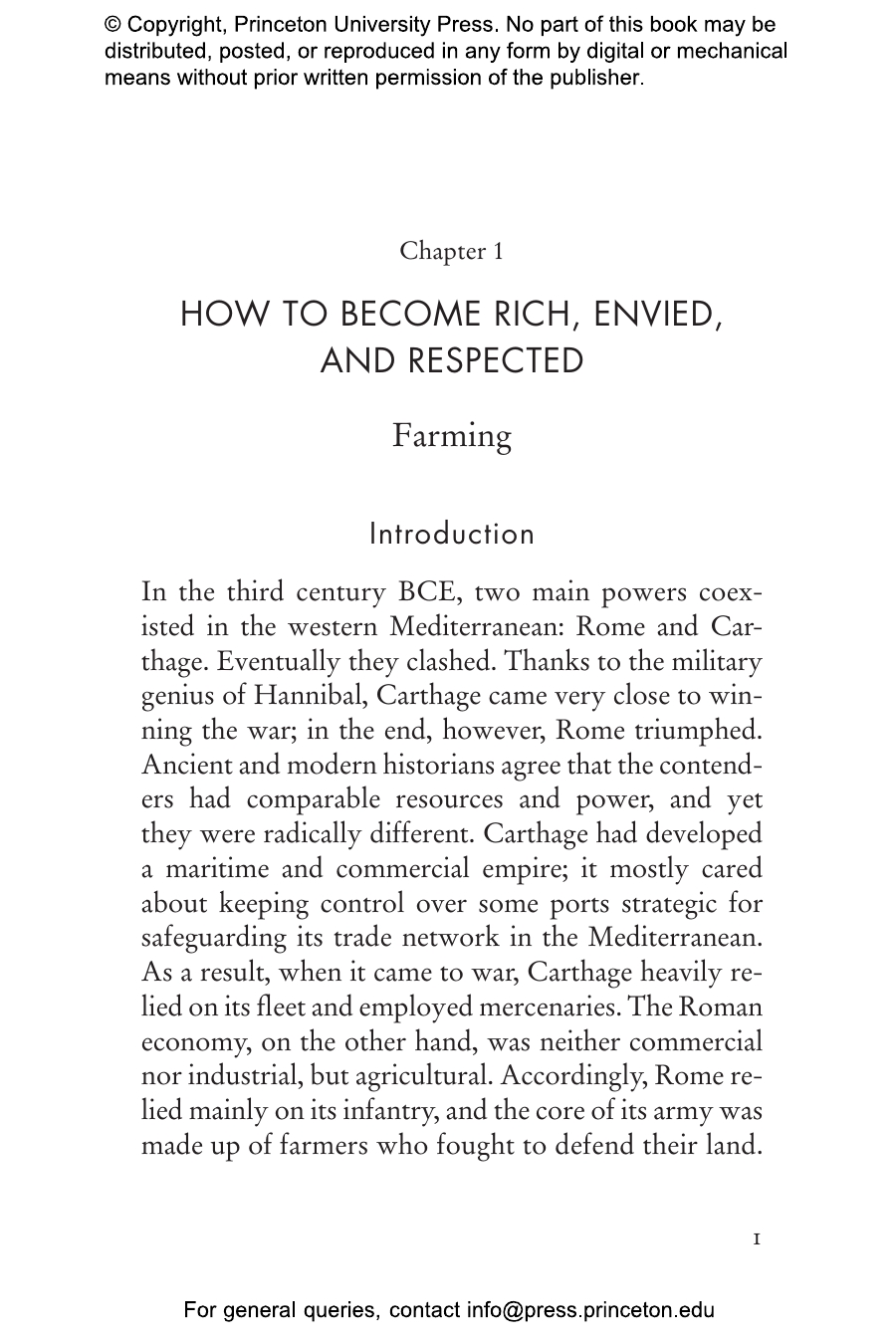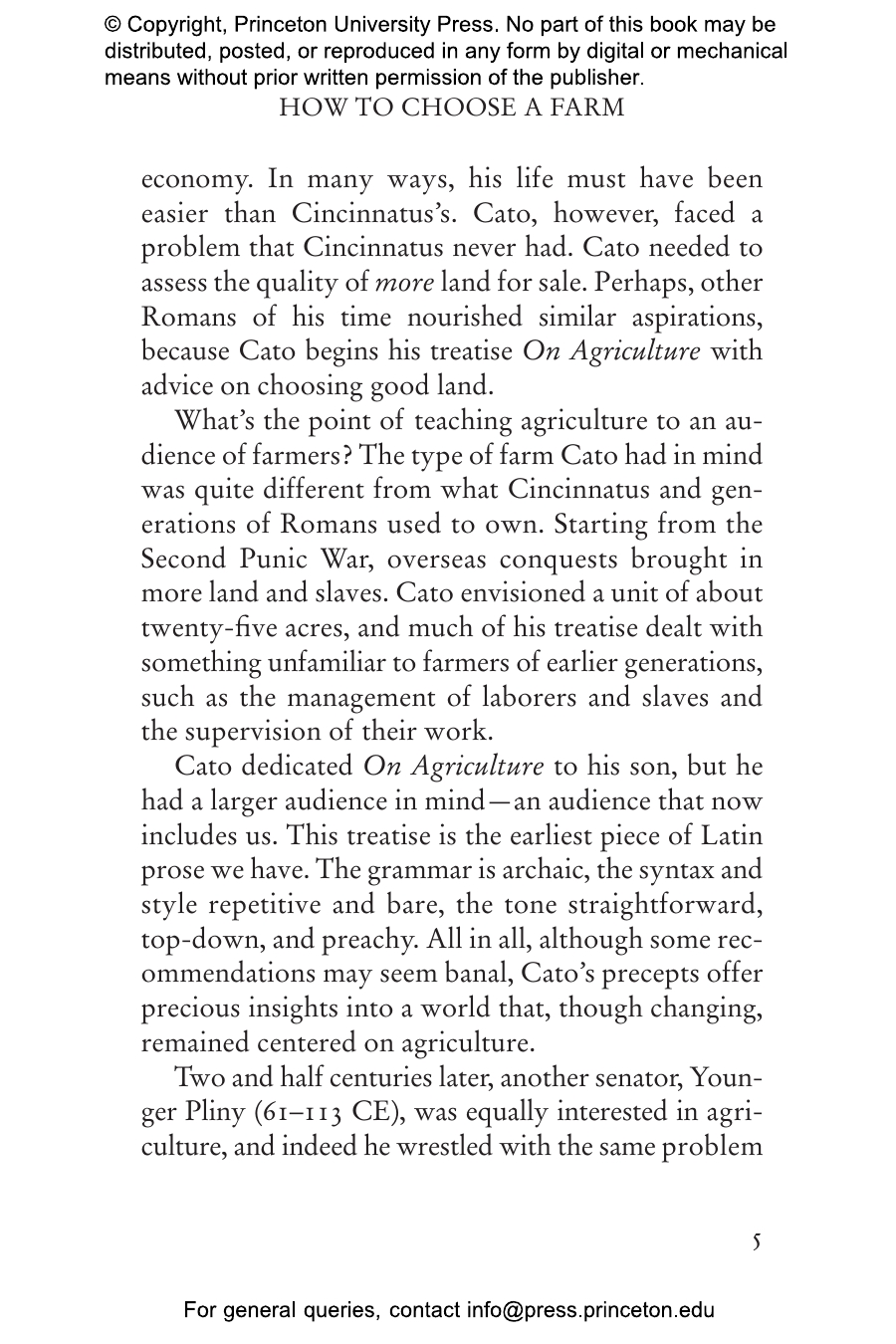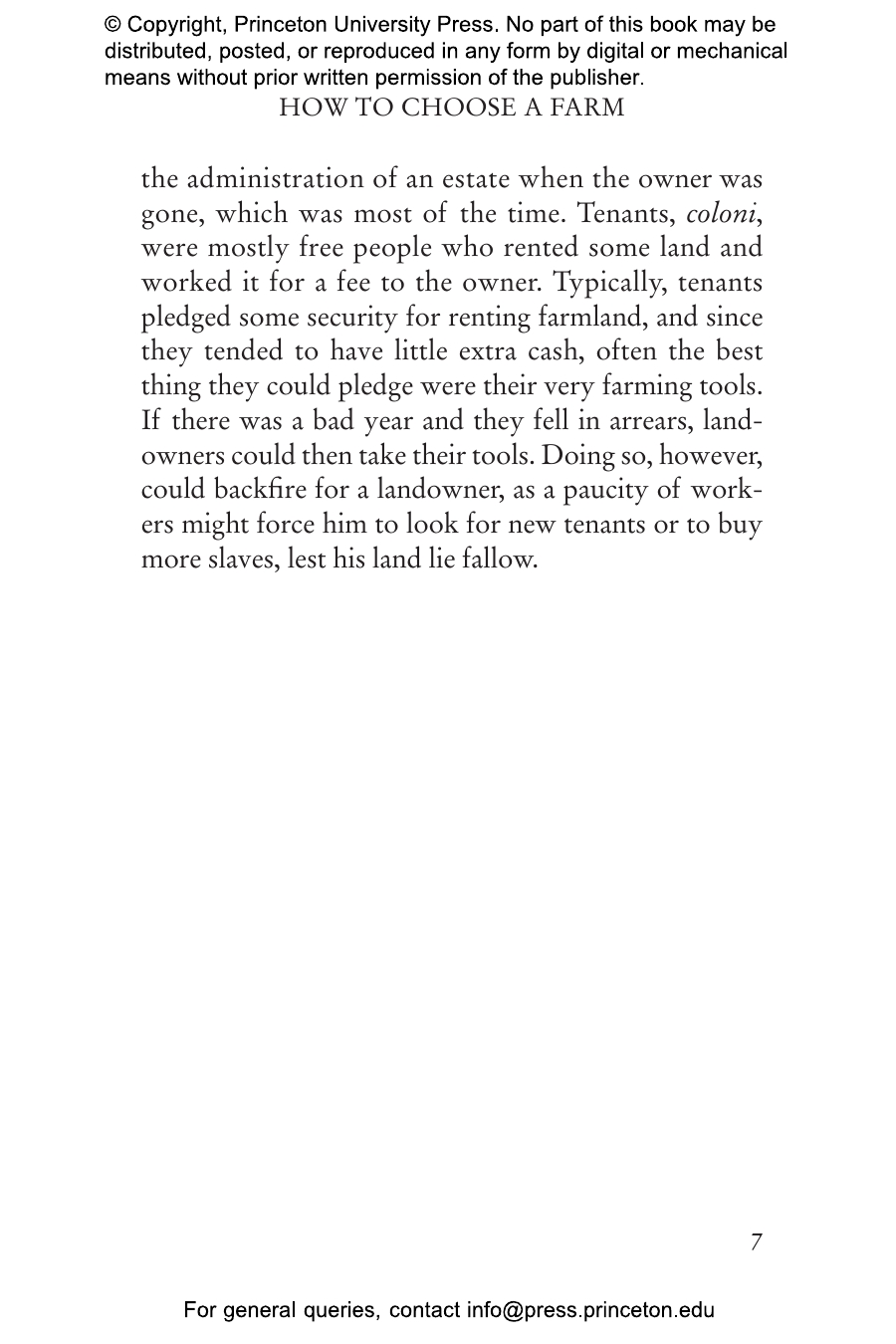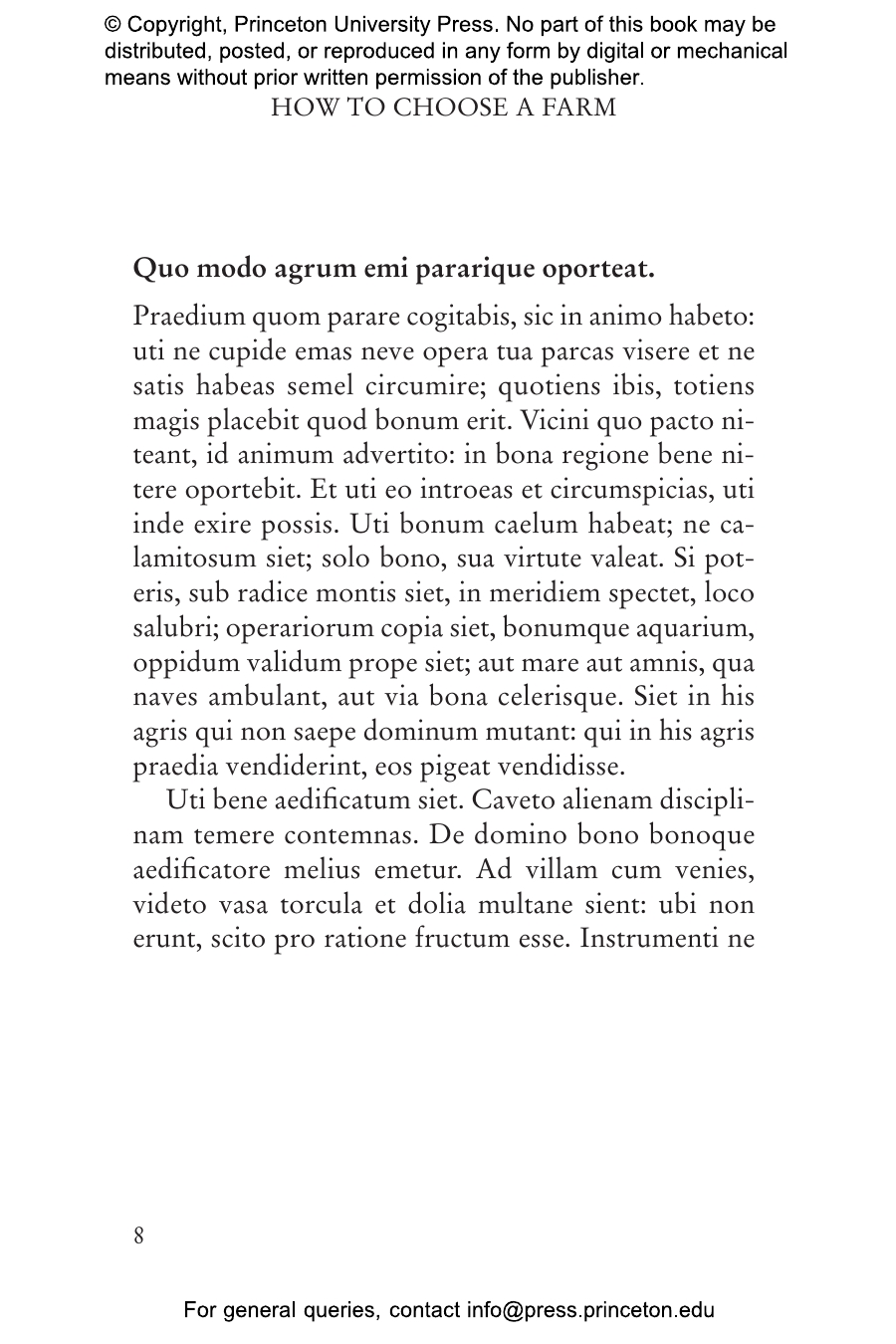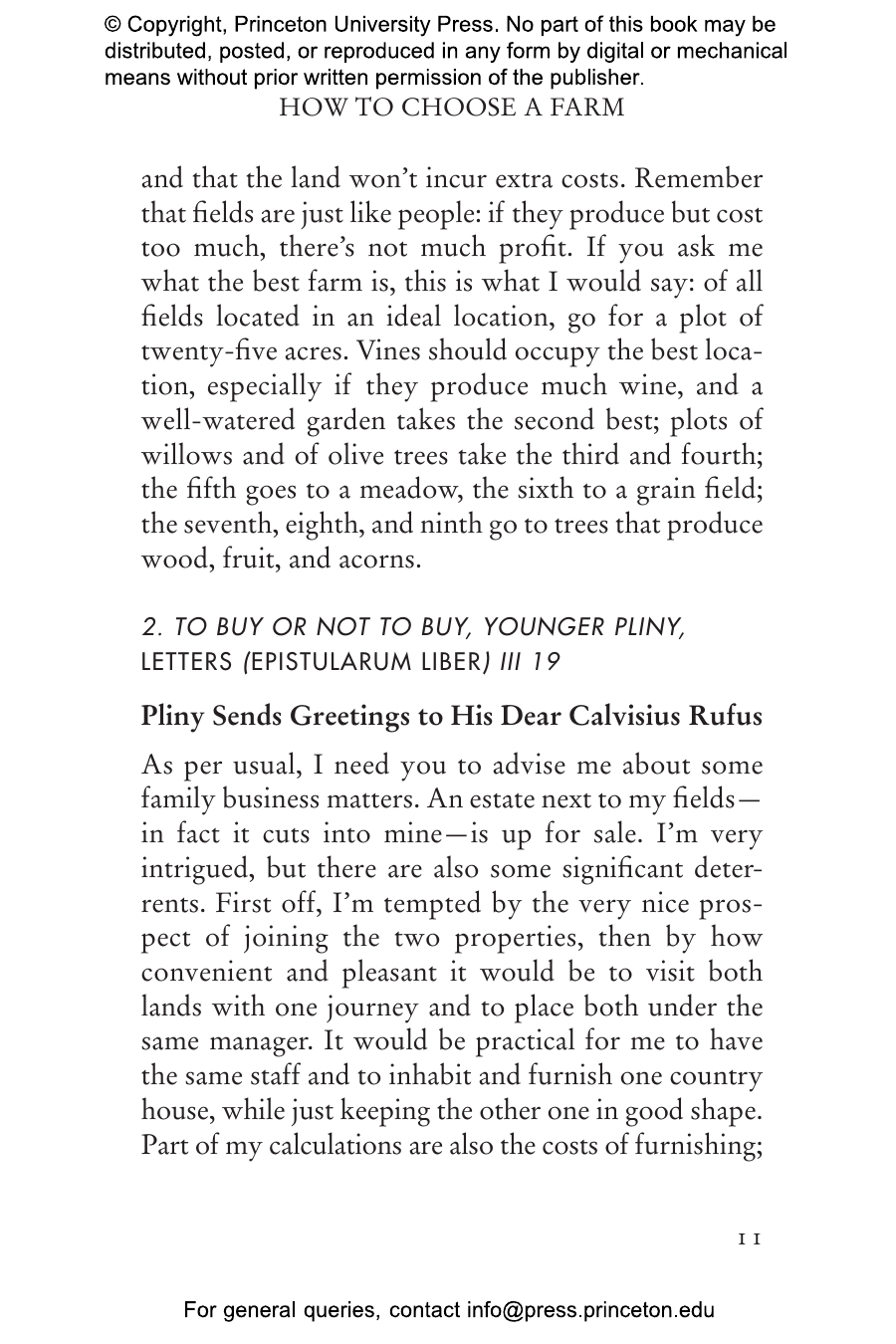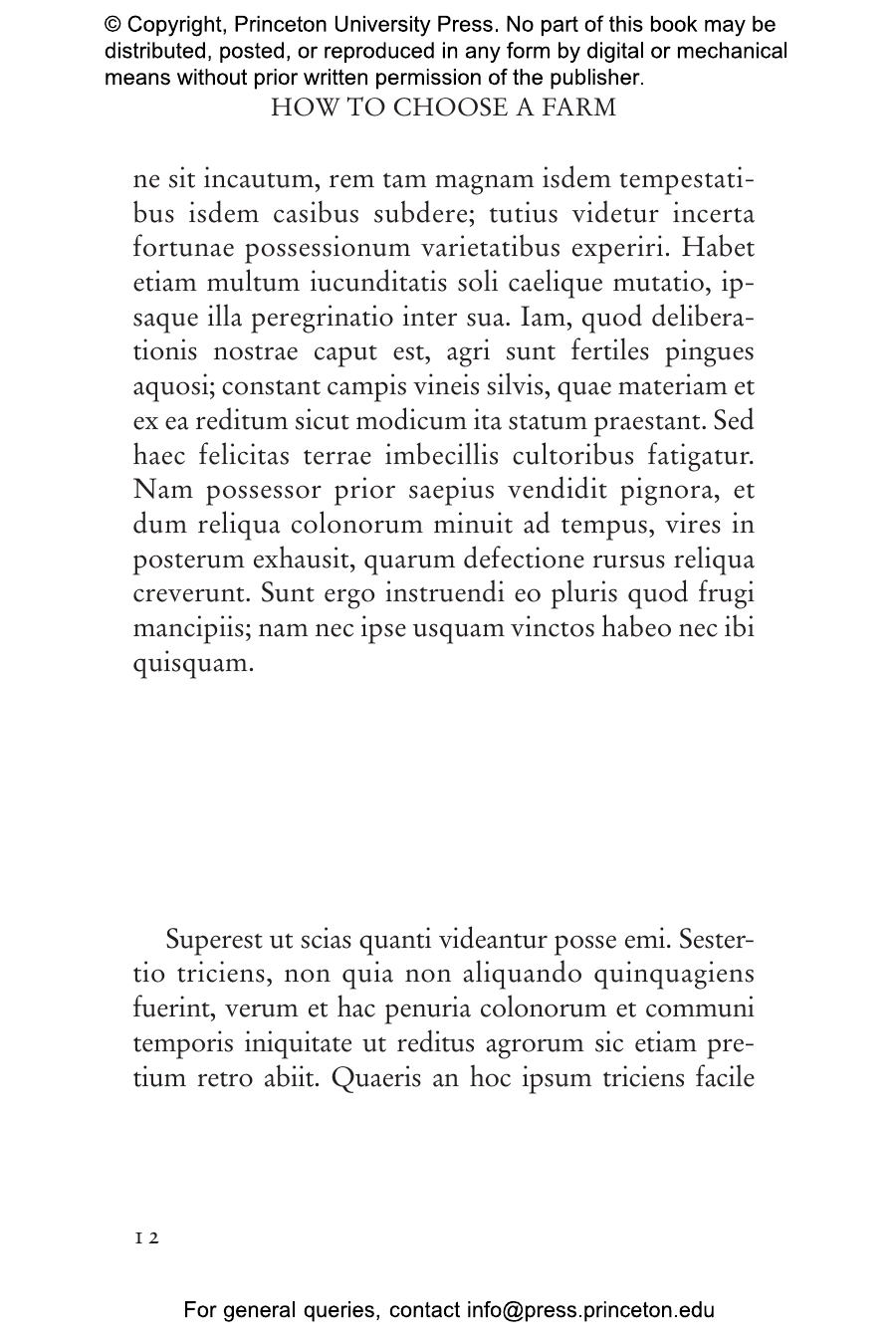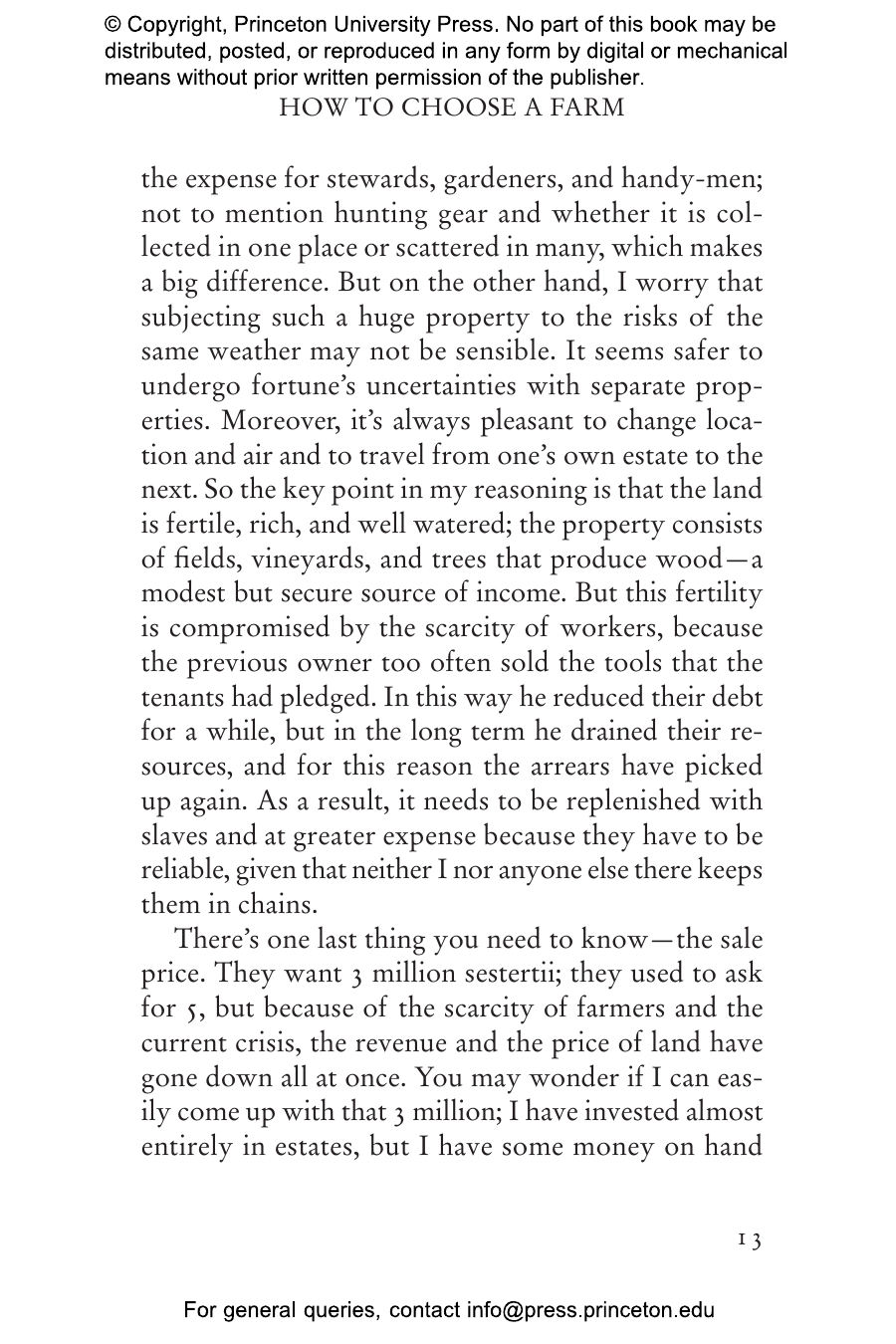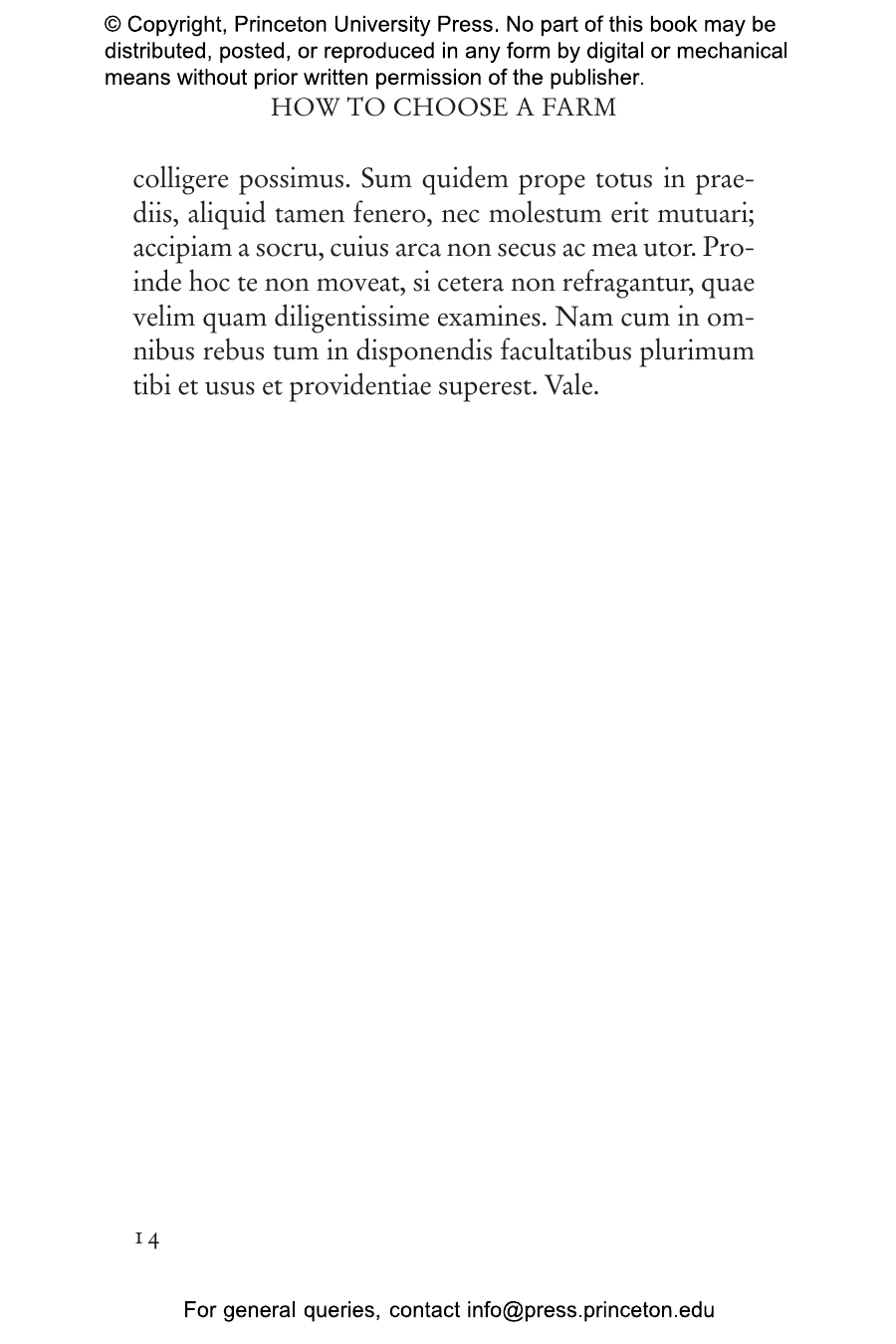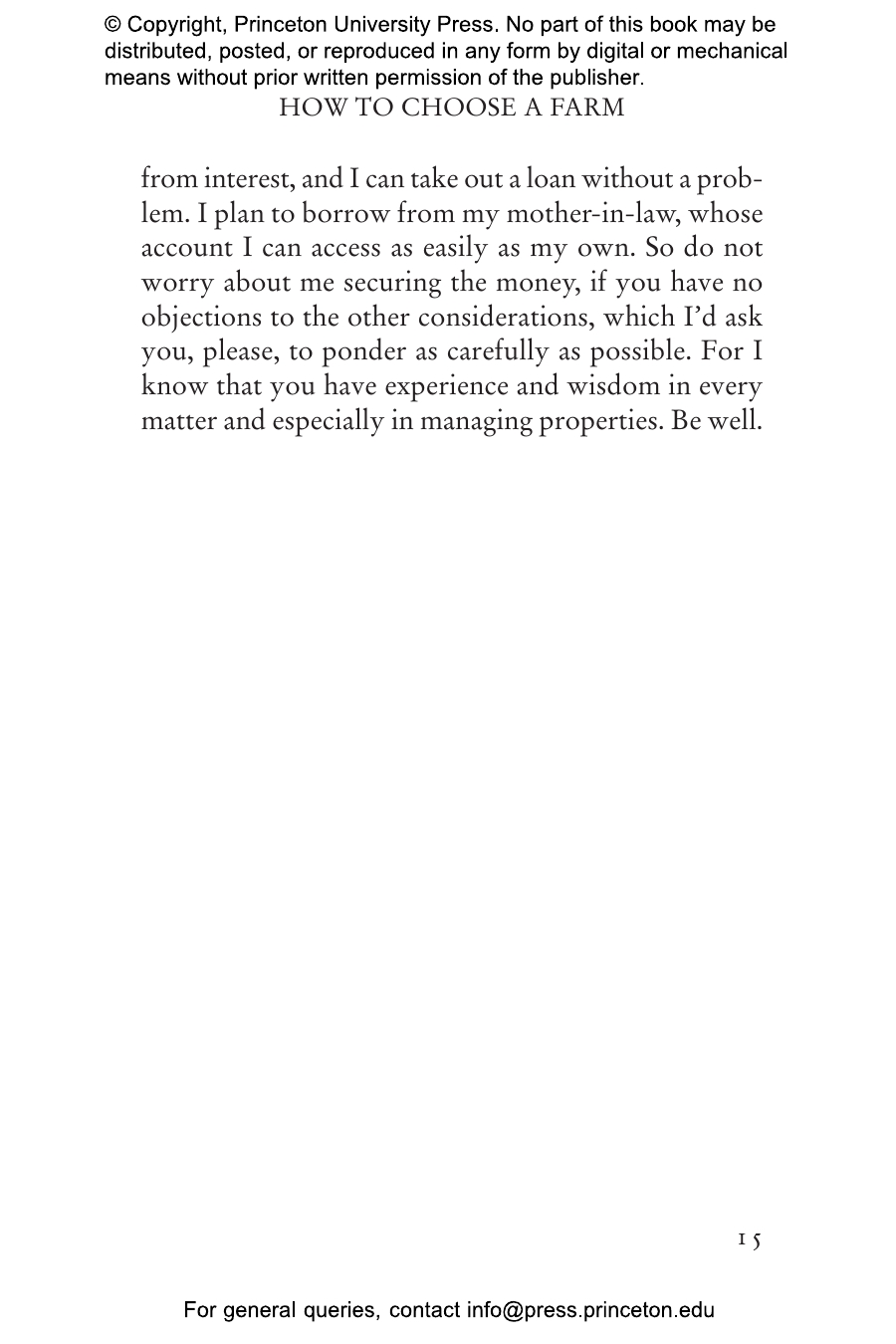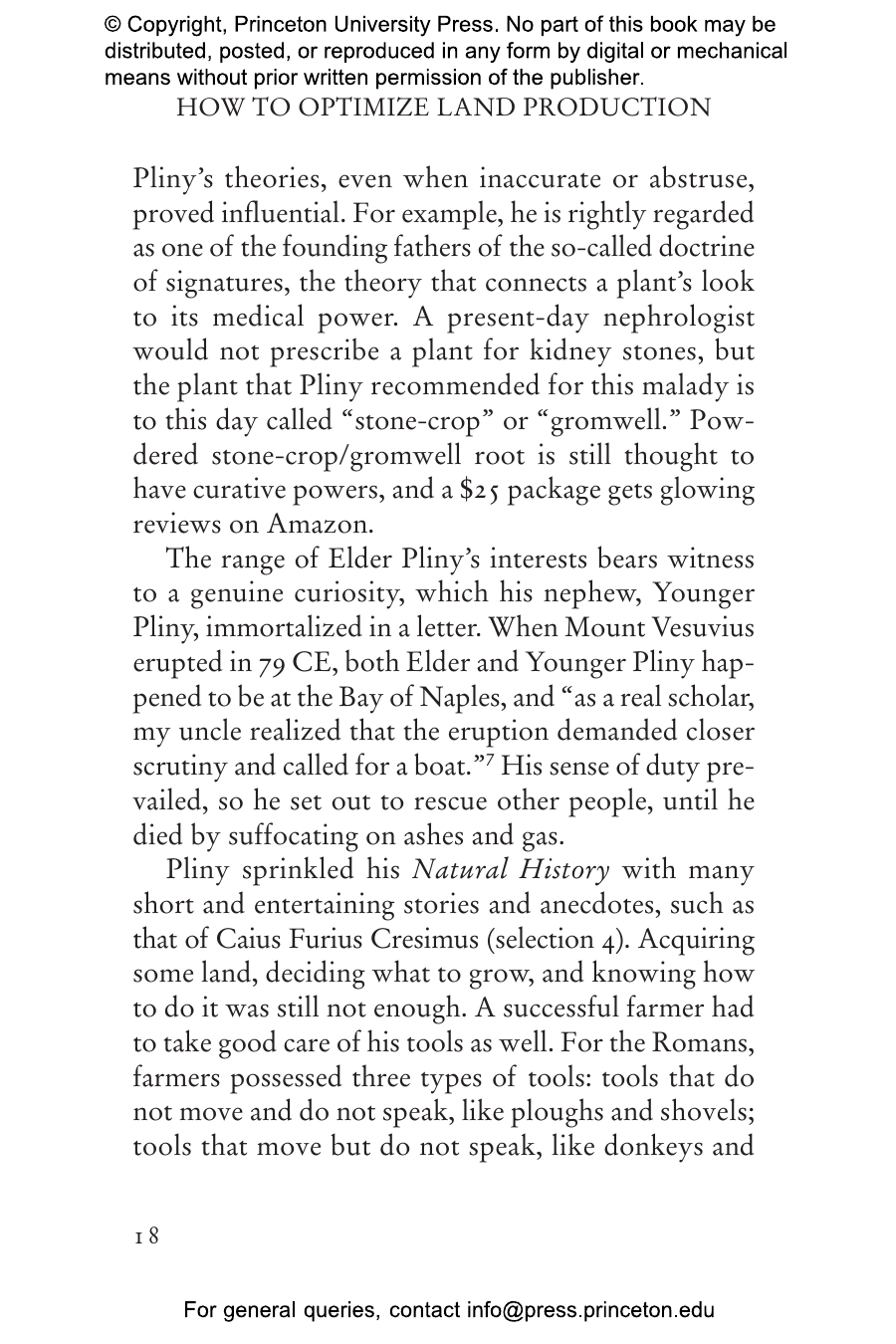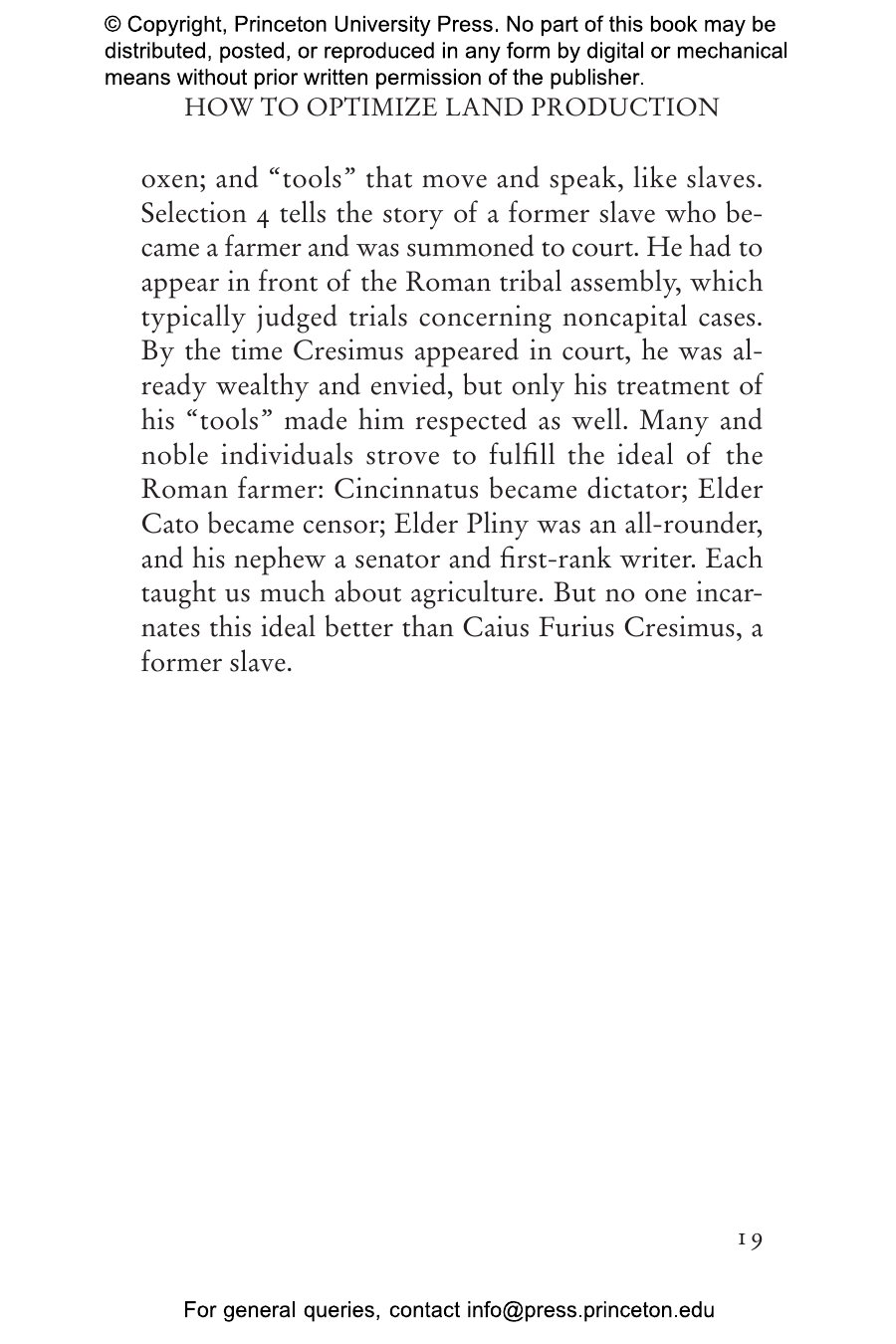Ancient Romans liked money. But how did they make a living and sometimes even become rich? The Roman economy was dominated by agriculture, but it was surprisingly modern in many ways: the Romans had companies with CEOs, shareholders, and detailed contracts regulated by meticulous laws; systems of banking and taxation; and a wide range of occupations, from merchant and doctor to architect and teacher. The Romans also enjoyed a relatively open society, where some could start from the bottom, work, invest, and grow rich. How to Make Money gathers a wide variety of ancient writings that show how Romans thought about, made, invested, spent, lost, and gave away money.
The Roman elite idealized farming and service to the state but treated many other occupations with suspicion or contempt, from money lending to wage labor. But whatever their attitudes, pecunia made the Roman world go round. In the Satyricon, Trimalchio brags about his wealth. Seneca accumulated a fortune—but taught that money can’t buy happiness. Eumachia inherited a brick factory from her father, married well, and turned to philanthropy after she was widowed. How to Make Money also takes up some of the most troubling aspects of the Roman economy, slavery and prostitution, which the elite deemed unrespectable but often profited from.
Featuring lively new translations, an illuminating introduction, and the original Latin and Greek texts on facing pages, How to Make Money offers a revealing look at the Roman worlds of work and money.
Luca Grillo is the Eli J. and Helen Shaheen Collegiate Professor of Classics at the University of Notre Dame. He is the author of several books, including The Art of Caesar’s “Bellum Civile,” and the coeditor of The Cambridge Companion to the Writings of Julius Caesar.
"Grillo’s thoughtful selections and lucid translations are accompanied by the original Greek and Latin texts as well as his informative commentary. . . . I never thought I’d be able to combine my career in Latin with my growing interest in finance and investing. Then again, I never thought I’d be interested in the difference between a 401(k) and a 403(b)."—Daniel Gallagher, Wall Street Journal
“Accessible, informative, and entertaining, How to Make Money explains how the Romans went about the business of getting and spending their wealth. Ranging from the super-rich to the lowest artisan, Luca Grillo’s book gives the reader firsthand access to the financial acumen that drove the Roman Empire.”—Jerry Toner, author of Popular Culture in Ancient Rome
“How to Make Money is filled with insights and wit. In a language that is our own, Luca Grillo brilliantly reveals Roman aspirations and worries about wealth and earning a living.”—Sitta von Reden, author of Money in Classical Antiquity
“The Romans already knew the difference between a good investment and a bad one. Engagingly presented, How to Make Money brims with useful information.”—Christopher B. Krebs, author of A Most Dangerous Book
“How to Make Money is a treasure trove of information about Roman culture and society, presented with sparkling verve. With this series of lively translations, Luca Grillo offers an unflinching portrait of an economic landscape in which protestations of concern for the common good were often little more than a fig leaf to conceal larger dynamics of greed and exploitation.”—Marden Fitzpatrick Nichols, author of Author and Audience in Vitruvius' "De architectura"
This publication has been produced to meet accepted Accessibility standards and contains various accessibility features including a table of contents, a page list to navigate to pages corresponding to the print source version, and elements such as headings for structured navigation. Appearance of the text and page layout can be modified according to the capabilities of the reading system.
Accessibility Features
-
WCAG v2.2
-
WCAG level AA
-
Table of contents navigation
-
Print-equivalent page numbering
-
Next / Previous structural navigation
-
Landmark navigation
-
Index navigation
-
Epub Accessibility Specification 1.1
-
ARIA roles provided
-
All non-decorative content supports reading without sight
-
No known hazards or warnings


